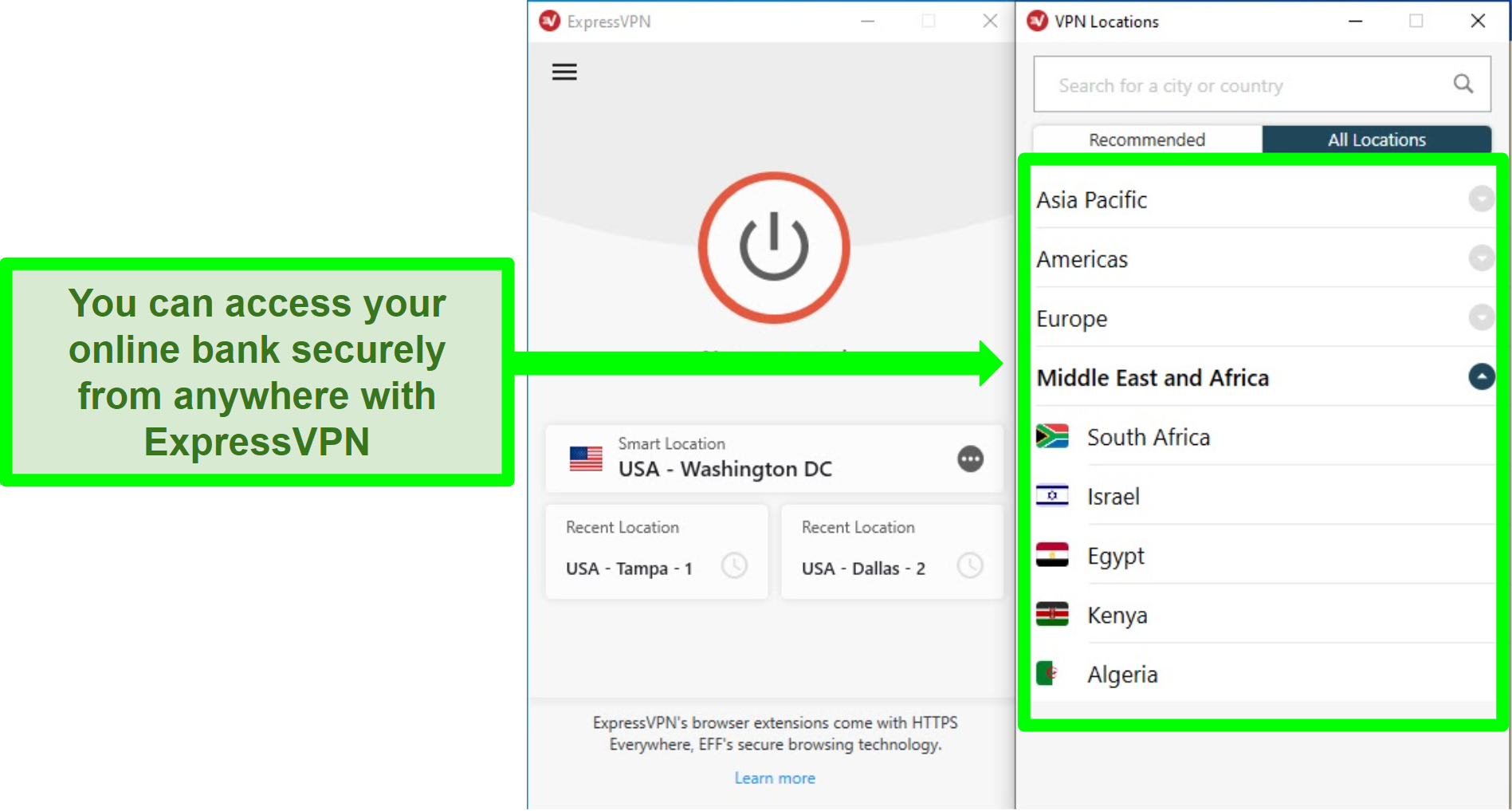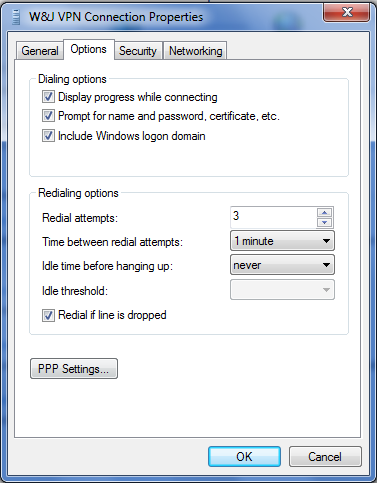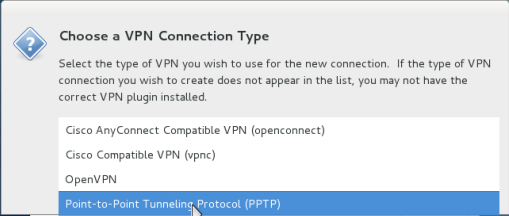

- #Vpn account how to
- #Vpn account install
- #Vpn account manual
- #Vpn account download
- #Vpn account free
Hopefully, you'll find the documentation you need.
#Vpn account manual
If, for some reason, your VPN provider doesn't offer software for the devices your business uses, check the provider's website for guides on manual setup. And if you can’t log in at all, then you can pass along that information to the VPN provider's support team.
#Vpn account install
If the initial client you install works right off the bat, then you can contact the VPN provider about clients for other platforms.
#Vpn account download
You should also download apps for the mobile devices that your workers use since you’ll want to protect connections from as many devices as possible. Look for the "downloads" page on your VPN provider's website. Even if they don't, it's better to install what they offer first and then confirm that your VPN account is operating correctly. However, they may not offer software for every platform you need, such as Windows, iOS, and Android. The simplest way to get your VPN up and running is to install clients from your VPN provider. Simplifying networks by unplugging unused devices can help. If you plan to install a VPN for workers who'll access online resources in several ways-such as Wi-Fi, 4G modems, and wired connections-you may need to spend more time configuring the VPN client. This is also a good time to consider network configuration.

In theory, the VPN clients should be able to work well together, but competing clients can also be a source of problems, so it’s best to remove them. It's a good idea to prepare your network system before you set up a VPN so that you can avoid problems down the road.Īs a first step, uninstall any existing VPN client software that you don’t need. On occasion, VPN clients can conflict with other clients, or fail to work properly. Many routers come with VPN clients built-in. To secure and encrypt all network traffic, you'll also need a VPN router. The client can be used on devices like smartphones and laptops, even if workers are using public Wi-Fi networks. The downloadable client connects you to servers around the world, so employees everywhere can access your small business network. To get started, you'll need a VPN client, a VPN server, and a VPN router. If you're shopping for VPN solutions, ask questions about the ease of configuration.Ħ steps to set up a VPN Step 1: Line up key VPN components Instead of trying to build one yourself, you can buy a prebuilt VPN solution. Should you create your own VPN, or buy one? Consider whether the speed is sufficient for business needs.
#Vpn account free
If you're using a VPN client that provides free VPN service, your connection speed may be slow, as these providers do not usually offer high-speed connections. If you need to add new infrastructure or create new configurations, you may run into technical problems due to incompatibility-especially if you're adding new products from different vendors. Since VPN connections run off the Internet, you need to choose an Internet service provider (ISP) that consistently delivers excellent service with minimal to no downtime.
#Vpn account how to
If you’re not sure how to keep it up and running safely, consider bringing in an experienced network security professional to make sure VPN security hasn’t been compromised. Here are factors that could cause performance issues for your VPN: Configuration security risksĭesign and implementation of a VPN can be complicated. That's good for businesses that are growing faster than their budgets since it means you can often expand network footprints without adding new components or building complicated network configurations.Ī VPN's success depends on other parts of your network infrastructure. It’s easy to add new users or groups of users to networks using flexible VPN software tools. The actual geographic locations of users are protected and not exposed to public or shared networks like the Internet. Better securityĬommunication with a VPN connection provides a higher level of security compared to other methods of remote communication, keeping private networks closed to people who don’t have authorized access. VPNs are a convenient way to give employees, including remote workers, easy access to your business network without having to be physically present-while maintaining the security of private networks and business resources. Here are other reasons why your business could benefit from a VPN: Convenience

At their most basic, VPNs protect businesses and users and their confidential data.


 0 kommentar(er)
0 kommentar(er)
